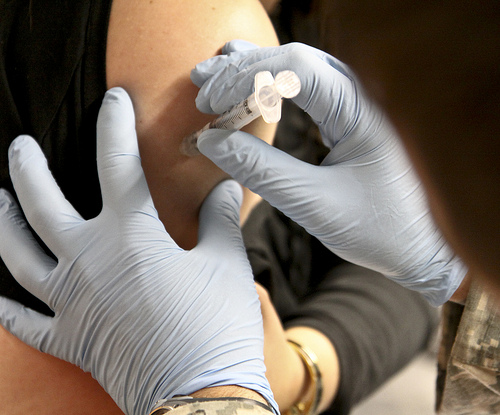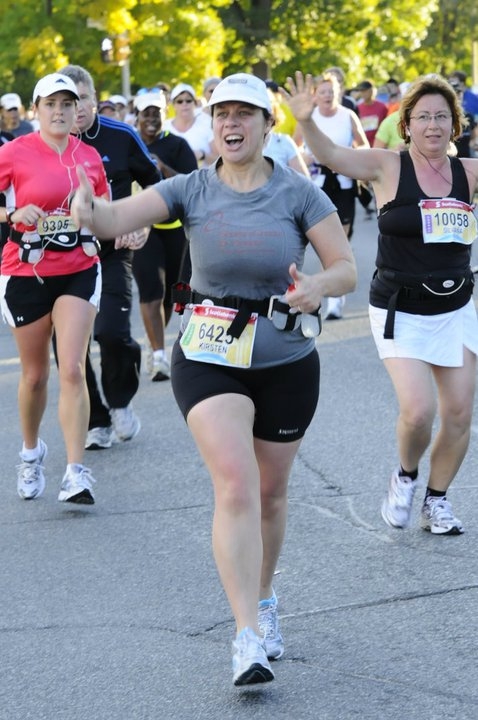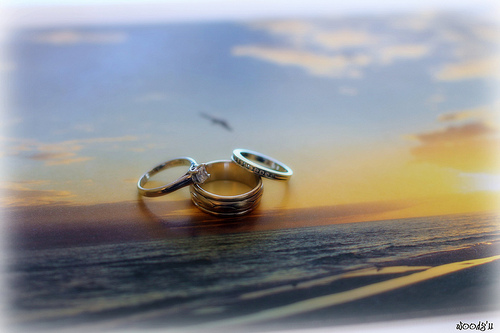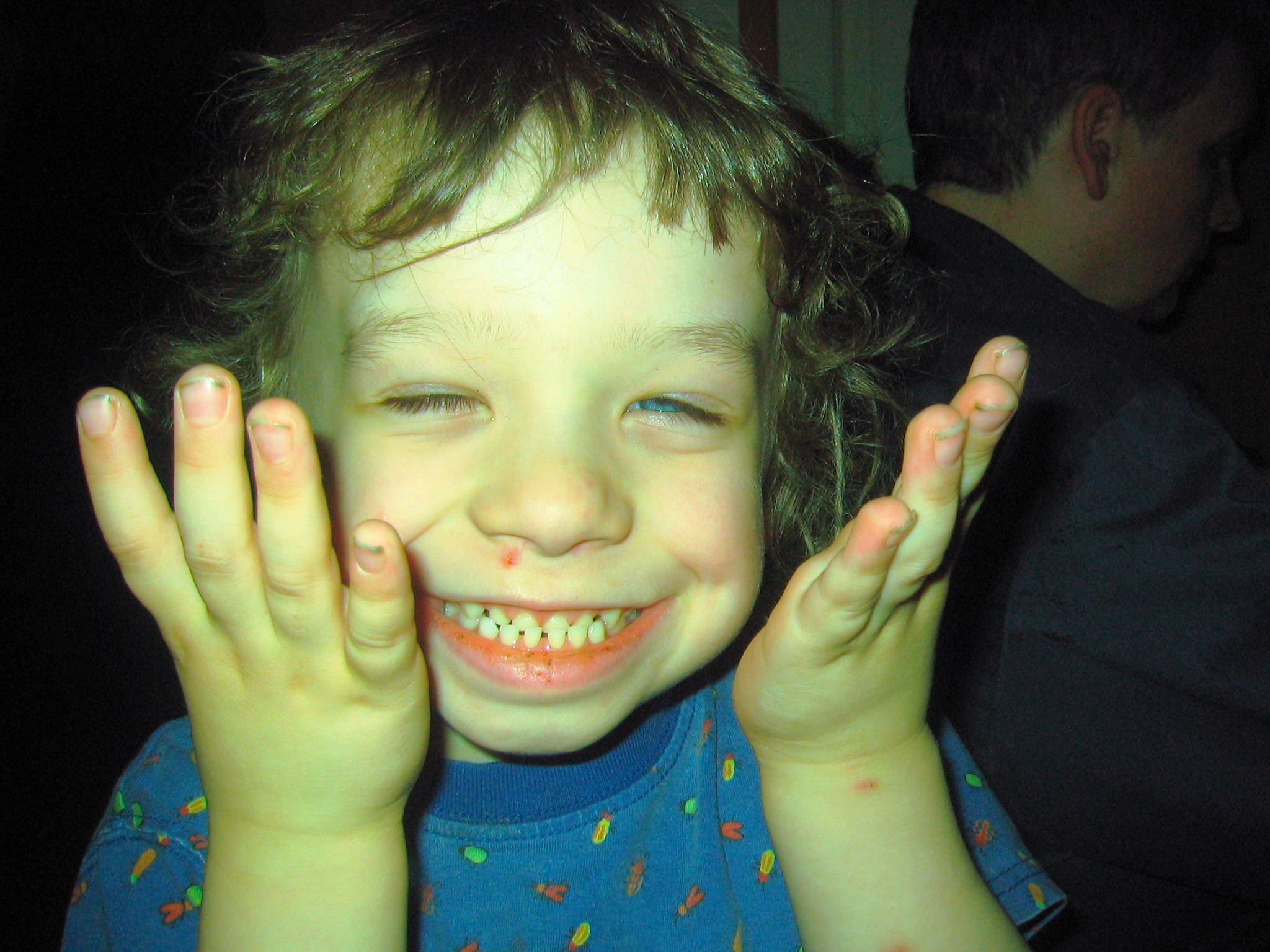It is a beautiful summer’s evening, but my heart is feeling heavy. I am lonely. I have been in Canada for just over a year, and it seems to be taking an inordinately long time for me to build up any kind of social support network. Barry and I split up just a week ago after dating for five months. It wasn’t the best of relationships – we didn’t really have any kind of chemistry, me and Barry – but he had represented some kind of social normality at a time when I really needed it. The breakup was awful – the kind that involves lots of arguing, accusations flung back and forth, and absolutely no chance of friendship afterwards.
What stings the most is that Barry is not divorced at all, like he’s been telling me. He’s still married. It doesn’t matter to me that he and his wife don’t get along. It doesn’t matter that they no longer live together. The fact is that for five months, I’ve been sleeping with someone else’s husband. Even though I didn’t know, had no way of knowing, I feel tarnished. Like I’ve done something wrong.
I’m feeling sad, angry, lonely. I feel trapped in all of these negative emotions, and I have to get out. I cannot go for a run: I already ran this morning, and with my first half-marathon just a month away, I cannot afford to mess with my training.
Instead, I take a walk to High Park. As I wander into the park, I instantly start to feel calmer. High Park is the kind of place that does that. All of that luscious green, the wide open spaces, the breathtaking beauty of the flowers and the river, serves to slow my heartbeat and appreciate the world around me.
I walk for a while, and then sit on a rock close to the park entrance. I close my eyes and bask in the warmth of the sun. Gradually, I feel myself coming to life, like a flower receiving water after a drought. I open my eyes and see a man walking towards me.
I wonder if I know him, and squint to get a better look in the sunlight. No, I’ve never seen him before, and yet he is walking in my direction with definite purpose, smiling broadly as he makes eye contact with me. He is holding a bunch of flowers.
Odd. I wonder if he has mistaken me for somebody else.
He reaches me and sits down on the rock beside me. He looks into my eyes, pauses, and then says, “You have beautiful eyes.” He hands me the flowers and tells me his name. I hear the sound of my own name coming from my lips, but I am not aware of having spoken.
In an instant, Barry and everything to do with him has faded into complete insignificance. None of that matters anymore.
I am staring at this man in wonderment, this man who is a stranger and yet somehow, not a stranger at all.
We stand up, and arm in arm, we start walking.
Both of us somehow know that we are walking, together, to our future.
(Photo credit: http://www.flickr.com/photos/eleasa/2734011065)
















